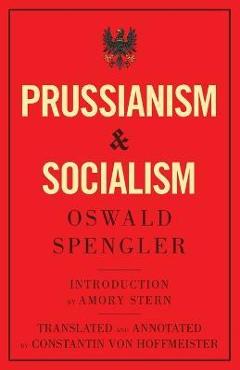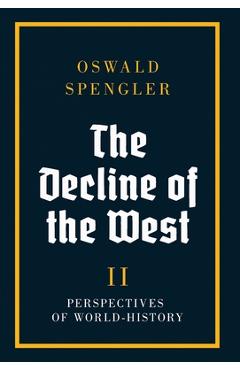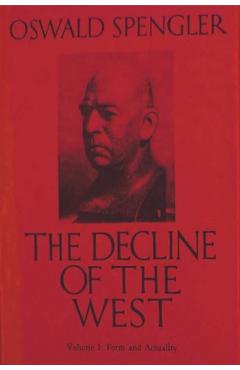Prussianism and Socialism - Oswald Spengler

Detalii Prussianism and Socialism - Oswald
libris.ro
103.79 Lei
115.32 Lei
Philosophy
Oswald Spengler
Prussianism and Socialism - Oswald - Disponibil la libris.ro
Pe YEO găsești Prussianism and Socialism - Oswald de la Oswald Spengler, în categoria Philosophy.
Indiferent de nevoile tale, Prussianism and Socialism - Oswald Spengler din categoria Philosophy îți poate aduce un echilibru perfect între calitate și preț, cu avantaje practice și moderne.
Preț: 103.79 Lei
Caracteristicile produsului Prussianism and Socialism - Oswald
- Brand: Oswald Spengler
- Categoria: Philosophy
- Magazin: libris.ro
- Ultima actualizare: 28-10-2025 01:22:05
Comandă Prussianism and Socialism - Oswald Online, Simplu și Rapid
Prin intermediul platformei YEO, poți comanda Prussianism and Socialism - Oswald de la libris.ro rapid și în siguranță. Bucură-te de o experiență de cumpărături online optimizată și descoperă cele mai bune oferte actualizate constant.
Descriere magazin:
In this new translation of Prussianism and Socialism , Oswald Spengler reflects on the relationship between socialism, liberalism and Prussianism. For Spengler, Prussianism is a typically German disposition, which is expressed in qualities such as a sense of duty and a willingness to sacrifice oneself for the common good. In contrast to Marxism, which Spengler strongly criticises, this Prussian spirit is synonymous with true socialism. Spengler contrasts two fundamentally different views of life: English liberalism and Prussian socialism. While English liberalism is characterised by radical individualism and a ruthless desire for profit and exploitation, Prussian socialism emphasises togetherness, solidarity and national community. Both views are incompatible. Depending on which ideology gets the upper hand, power will ultimately rest either with financial interests or with states. Against this backdrop, Spengler calls on citizens of all walks of life to rise above class egoism, to affirm Prussian socialism and to unite in the struggle against the liberal world-view - the \'inner England\' - which he sees as a threat to the continued existence of the German nation. This edition includes Spengler\'s essay \'Russia\'s Double Face and the German Problems in the East\', which presents his views on Russia as a distinct culture that has not yet fulfilled its destiny.

Produse asemănătoare
Produse marca Oswald Spengler

The Hour of Decision: Germany and World-Historical Evolution - Oswald Spengler
![]() libris.ro
libris.ro
Actualizat in 28/10/2025
111.53 Lei

The Decline of the West, Volume I: Form and Actuality - Oswald Spengler
![]() libris.ro
libris.ro
Actualizat in 28/10/2025
260.32 Lei

The Decline of the West: Perspectives of World-History - Oswald Spengler
![]() libris.ro
libris.ro
Actualizat in 28/10/2025
349.61 Lei

The Hour of Decision: Germany and World-Historical Evolution - Oswald Spengler
![]() libris.ro
libris.ro
Actualizat in 28/10/2025
204.6 Lei

The Decline of the West, Vol. I: Form and Actuality - Oswald Spengler
![]() libris.ro
libris.ro
Actualizat in 28/10/2025
126.11 Lei